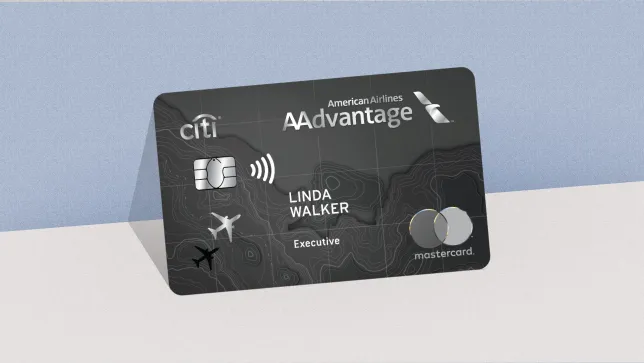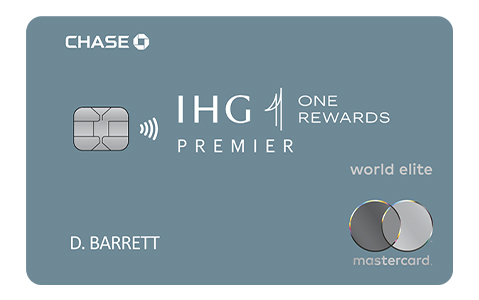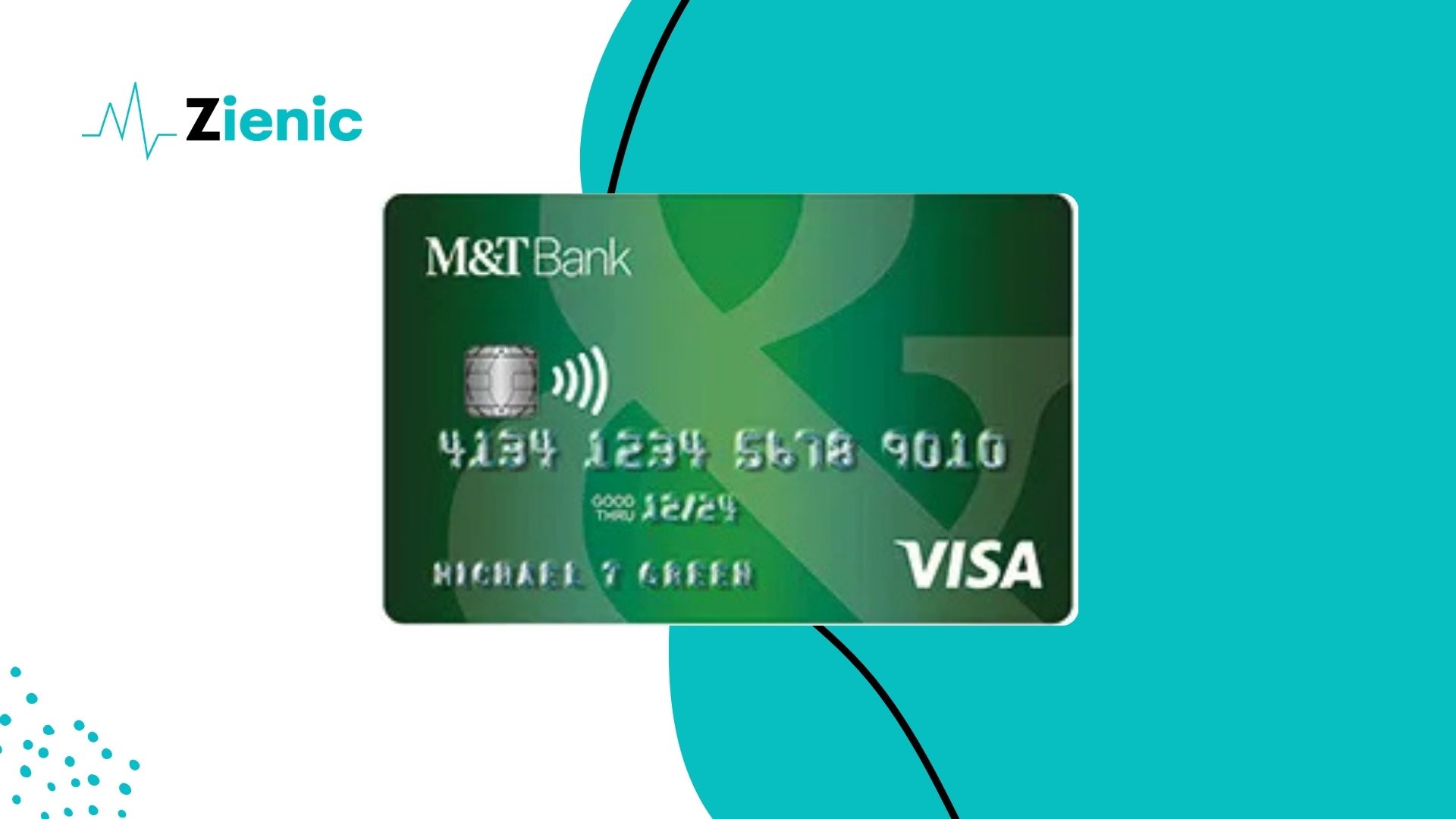Impulse buying might seem like a harmless indulgence, but over time, it can severely impact your financial stability. The thrill of instant gratification often overshadows the consequences, especially when these purchases accumulate. What starts as an innocent splurge can lead to stress, regret, and a lack of progress toward important savings goals.
The good news is that curbing impulse spending doesn’t rely solely on discipline. Instead, it involves reshaping your habits and mental responses. By applying a few proven psychological techniques, you can change how you approach spending and begin making more intentional choices with your money.
Change Your Mindset Before You Swipe

Psychology plays a crucial role in how and why we spend. When you understand your emotional and mental triggers, you gain the ability to pause and redirect your actions. Below are three evidence-based strategies that help reframe your thinking and reduce the appeal of impulse buying. These techniques aren’t about restriction—they’re about empowerment and awareness:
1. Delay Gratification With the 24-Hour Rule
The 24-hour rule works by inserting a deliberate pause between desire and decision. When you feel the urge to buy something non-essential, wait at least one full day before committing. This break allows the initial emotional response to subside, giving you space to evaluate whether the item is worth the cost.
During this waiting period, many people realize that the need to purchase fades or disappears altogether. Instead of acting on a momentary feeling, you’re giving your rational side a chance to speak. Over time, this habit can significantly reduce how often you spend on things you don’t truly need.
2. Use a “Want List” to Track Your Desires
Rather than purchasing an item immediately, write it down on a dedicated “want list.” This strategy acknowledges your desire without feeding it. At the end of each week or month, review the list and reflect on whether the items still feel necessary or meaningful impulse buying.
You’ll often discover that what seemed urgent before now feels irrelevant. This technique helps you separate short-term emotions from long-term values. By creating distance between the impulse and the purchase, you regain control over your spending behavior in a way that feels thoughtful, not forced.
3. Create Mental Budgets Using Psychology
Mental accounting involves treating money differently based on its perceived purpose. You can apply this concept by creating clear mental (or physical) categories for your spending. For instance, allocate a fixed monthly amount just for personal treats or entertainment—and commit to staying within that limit.
Once the budget is used up, stop spending in that category until the next cycle. This method sets psychological boundaries and reduces guilt or confusion around spending. It also builds discipline in a way that feels structured rather than restrictive, allowing you to enjoy purchases without financial backslide.
Reinforce Your Habits With Simple Adjustments
Along with these psychological techniques, you can make small, practical changes to reduce temptation. For example, unsubscribe from promotional emails and turn off shopping app notifications. Use cash instead of cards for daily expenses, and avoid browsing online stores during emotional lows.
These subtle shifts help reduce your exposure to triggers and support the habits of your impulse buying. When your environment aligns with your goals, resisting impulse buying becomes less of a battle and more of a natural outcome of your mindset.
Final Thoughts: Impulse Buying
Avoiding impulse buying purchases doesn’t mean depriving yourself of joy. It means becoming more intentional about how you use your money, aligning spending with your values. Over time, the urge to buy on a whim weakens, while your financial confidence grows.
Start by applying just one technique this week and observe how your mindset begins to shift over time. With consistency, these small changes will help you build stronger financial habits. As you reduce impulsive spending, you’ll notice more peace of mind and progress toward your goals.



